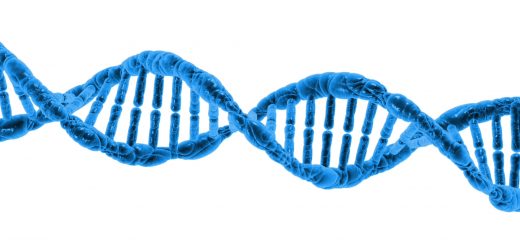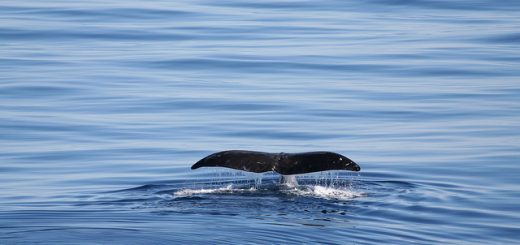The Cleaning Revolution: How does this new wave of ultra-cleanliness affect our health?
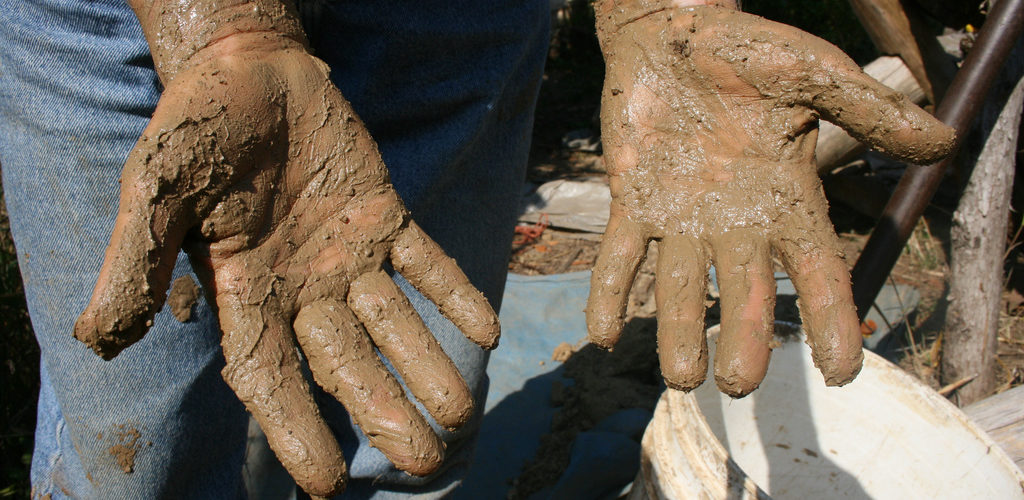
First, it was clean eating, then it was clean living. Now, it’s just clean… cleaning? The Instagram based “Cleanfluencing” account ‘@MrsHinchHome’ has sparked a UK-wide cleaning revolution. The internet, and specifically Instagram, is the perfect breeding ground for a new anti-germ militia, fuelled by cleanfluencers like Mrs Hinch. Whether you’ve been inspired to fold your clothes into perfect squares and chuck anything that doesn’t ‘spark joy’, thanks to Japanese guru Marie Kondo, or you’ve suddenly started bleaching your toilet daily and naming your many (different) cleaning cloths, we’re all thoroughly cleaning mad. So what does this ultra-cleanliness in our homes mean for our immune system?
The Hinch Effect
Sophie Hinchcliffe, a 28-year-old hairdresser from Essex, is better known as @MrsHinchHome on Instagram. At first glance, she is the owner of a spotless and almost entirely grey but glamorous home. Mrs Hinch is house-proud, articulate, and affable. She currently has 2.2 million followers on Instagram, is a business powerhouse, and has a book coming out imminently, titled “Hinch Yourself Happy: All The Best Cleaning Tips To Shine Your Sink And Soothe Your Soul”1.
What does she do? Well, she cleans her own home religiously, films and photographs it, and shares it through social media. Through this, she’s curated her own Hinch-specific vocabulary, that you can find sprinkled throughout her posts. The ‘Hinch Army’ are her dedicated followers, a ‘#hinchhaul’ is anything you’ve bought to clean your house with, and ‘Narnia’ is the name of any (under sink) cupboard that neatly houses your multiple ‘hinch’ hauls. Dedicated followers have lauded her cleaning hacks as ‘life changing’, ‘revolutionary’, and ‘visionary’2. I personally cannot say if I have ever disinfected my doorknobs, I am unsure if I have ever used more than two cleaning products in my flat, and I seem to spend my entire life battling an endless supply of washing up. I rarely get sick, for which I partly attribute to my relatively lax approach to home cleaning. I also grew up knee-deep in mud eating worms (show me a biologist that didn’t!). But all this has got me thinking, how does this intense cleanliness change our immune system, and is it making us all sicker?
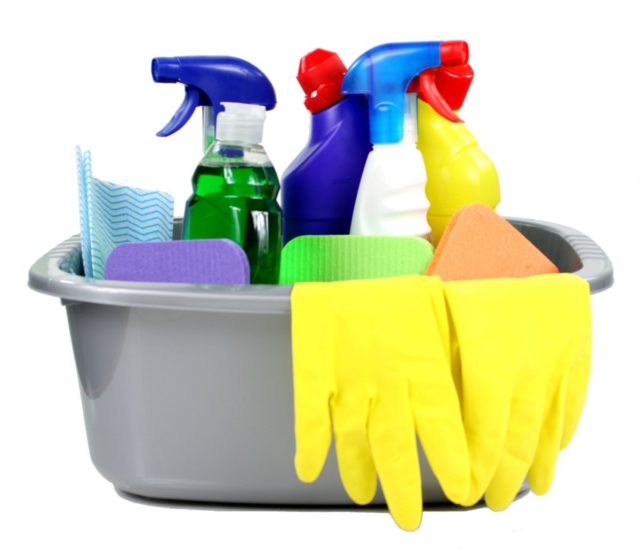
Developing a healthy immune system
The immune system is complex and ever-changing and even starts developing before birth. In the first trimester of pregnancy, maternal antibodies transfer through the placenta to the developing foetus. During early postnatal development, maternal antibodies pass through breastmilk, this exposes the infant to both crucial antibodies and maternal bacteria, helping to seed crucial digestive system microbiota and a healthy immune system. The immune system matures by gradually being exposed to a series of ‘triggers’, be that peanuts, bacteria, or dust; these are crucial to developing a robust immunity. The mature immune system is split into two broad categories: ‘innate’ and ‘adaptive’. The innate immune system is present across nearly all life forms, including plants, and responds non-specifically to any pathogenic invader. Whereas the adaptive immune system allows development of ‘immunological memory’, where immune cells retain a memory of the pathogen so it can be recognised and removed from the body more rapidly than the first time.
Our immune systems are primed and poised to launch an attack on any invading microbial species. Therefore, it might surprise you to know that there is 0.2 kg worth of bacteria in our body, and for every 1 human cell, we have 1.12 bacterial cells3. We are more bacteria than human. Our internal flora is responsible for digestion, serotonin production, and even biosynthesise Vitamin K for us. These are examples of symbiotic relationships, where two organisms have a mutually beneficial relationship. Escherichia coli (E.Coli), a very common gut bacteria, can biosynthesise vitamin K. The genus Bacteroidetes are excellent at degrading plant material, which enables us to have an omnivorous diet without the need for massively complicated digestive systems, like the one found in cows, for example.
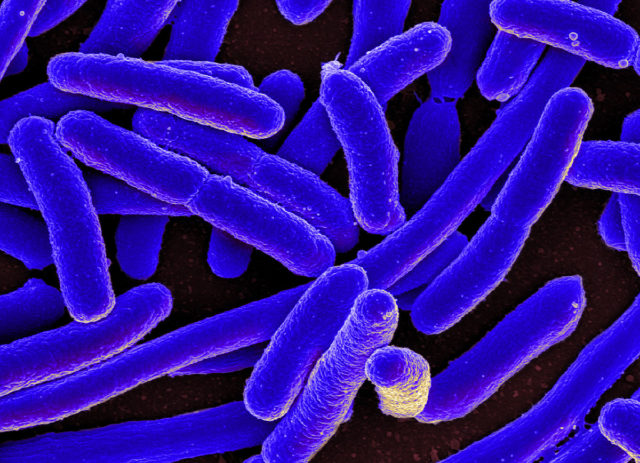
On the other hand, we are constantly bombarded by other molecules that can potentially elicit allergic reactions. Sometimes fatal, allergic reactions arise when the body launches a full-blown attack at an innocuous invader. Inflammation-causing chemicals are released, which can cause anything from rashes and runny noses to death.
So, what has any of this got to do with ‘cleanfluencers’, again?
A worrying trend is emerging. From the 1950s, rates of autoimmune diseases like type 1 diabetes, Crohn’s disease, and asthma have risen by 300%. There have also been massive increases in the rates of hayfever and food allergies. Curiously, this increase is only found in countries with very high economic indexes, and it’s not due to diet. For example, ulcerative colitis, a bowel disease, has an incidence rate twice as high in Western Europe, compared to countries which made up parts of the Soviet Union. Initially, scientists suggested that an increase in sanitation was the cause. The so-called ‘hygiene hypothesis’ suggested that pathogens activate one type of pro-inflammatory cell, causing compensatory anti-inflammatory cells. This increase was believed to cause an increase in allergies. So, the fewer bacteria you encounter, the more allergic you’re likely to be.
Unfortunately, this hypothesis fell apart when other research groups discovered parasitic and bacterial infections cause a massive increase in pro-inflammatory cells, but in some cases, caused a reduction in allergic responses. In fact, helminth (or worm) infections actually protect against the development of allergies in some animal models. This slowly degraded the link between the ‘more exposure means fewer allergies’ hypothesis, especially in non-Western countries. This is especially pertinent considering our lifestyles are actively changing and reducing microbial biodiversity in our homes and environment.
In 2003, the Rook research group floated their ‘old friends’ hypothesis4. Realising that humans evolved alongside a richly biodiverse microbial world, they considered that we are being starved of the very microbes we depend on. They suggest regular exposure to a wide range of microbes trains the immune system to respond appropriately. Put simply, a busy immune system is a happy immune system. The more stimuli the immune system remembers, the better prepared it is for any future invaders. If the stimuli aren’t there, our immune system can’t learn, and we don’t learn to separate the ‘good’ from the ‘bad’. We would possibly be compromised against allergies, asthma, eczema, and even irritable bowel disease. Equally, these illnesses can arise from genetic predisposition but mix the two together, and we have a perfect storm for ill-health.
But, this does mean that a wanton increase in the use of antibacterial hand gels, cleaning sprays, and toilet bleach is damaging our already limited availability to a wide friendly bacteria. An increase in processed food in our diets is limiting the development of our gut microbiome, whilst antibiotic overuse is also destroying what limited internal bacteria we have. All of this, in turn, leads to a generally sicker population5.
So, I don’t get it, how do cleanfluencers change our immune system?
The answer: We’re already living in a microbe-starved environment, and cleanfluencers are further encouraging this. Ultimately, this may change how our immune system functions. Research has recently shown us how not only are we too clean in the home, but environmental microbial diversity is collapsing around us. This, in turn, means our immune systems are exposed to much lower levels of ‘threat’, meaning we’re getting sicker.
Our diets, cleanliness, pollution levels, antibiotic use, parasitic infection levels, are all contributing to a massive loss of helpful bacteria. And this is bad news, as exposure to these helpful bacteria reduces our allergy and disease levels. While Mrs Hinch and her cleanliness army might be making an already existing problem worse, think twice before you disinfect your hands for the third time today.
This article was specialist edited by Kathryn McCall and copy-edited by Dzachary Zainudden.
References
- https://www.instagram.com/mrshinchhome/
- https://www.theguardian.com/commentisfree/2019/jan/11/cleaning-mrs-hinch-online-army
- https://www.ncbi.nlm.nih.gov/pmc/articles/PMC4991899/
- https://www.news-medical.net/health/Old-Friends-Hypothesis.aspx
- https://theconversation.com/health-check-should-i-use-antibacterial-hand-sanitisers-21384

